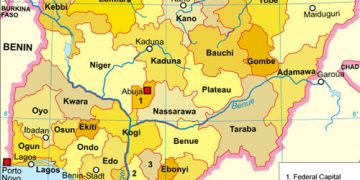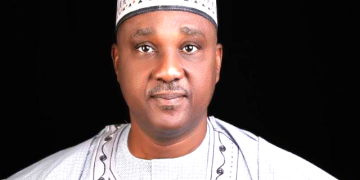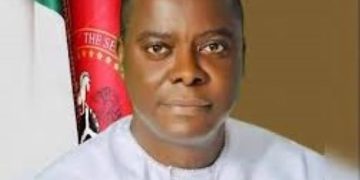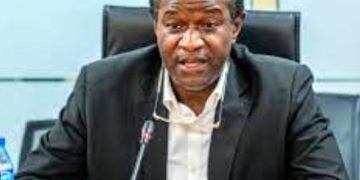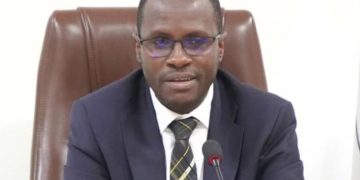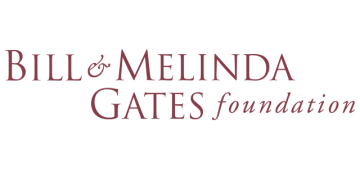WorldStage– Nigeria’s Minister of Health, Prof. Ali Pate said on Thursday that the sector has recorded a notable progress over the past two years, but more investments are needed to achieve the Universal Health Coverage.
Pate, while addressing the 66th National Council on Health (NCH), in Calabar, Cross River, recalled that in Ekiti in 2023, the council adopted far-reaching reforms targeting governance, human resources, primary health care, digital technology, health insurance, hospital infrastructure, and supply chains.
The minister said these reforms aimed to improve health outcomes and strengthen Nigeria’s health security.
“Since then, we have held quarterly performance reviews and annual joint reviews.
“The results are encouraging: a 17 per cent reduction in maternal mortality in Mami Local Government, better access to care, and growing public confidence in the health sector,” he said.
Pate highlighted federal fiscal support, stating that ₦68 billion had been approved for vaccine financing, already deposited with the National Primary Health Care Agency, (NPHCDA).
According to him, another ₦50 billion had also been deployed to address outstanding health workers’ obligations.
Pate urged the states to match these efforts by increasing their health budgets by at least per cent in 2026.
The minister emphasised that quality health care was costly and called on the civil society organisations to enhance transparency and accountability in the use of funds.
He also highlighted the broader fiscal reforms in Nigeria, including the removal of inefficient subsidies, monetary policy changes, and tax law improvements.
Pate these moves had increased government’s revenue from 7.5 per cent to 13.5 per cent of GDP, providing a stronger financial base for more health investments.
He thanked the technical committee of the council, led by Permanent Secretaries, for reviewing over 60 memoranda that informed the council’s decisions.
Pate urged continued collaboration to expand primary health care, equip frontline workers, and ensure the availability of essential medicines and health commodities.
“Health is not cheap, and someone has to pay for it,” Pate said,
He stressed that increased investments at both federal and state levels were crucial for Nigeria’s prosperity, peace, and population health.
The National Council on Health (NCH) was inaugurated in 1961, following the creation of the Federal Ministry of Health in 1950, to strengthen coordination between the federal and regional governments.
As Nigeria’s highest health policy-making body, the NCH brings together federal and state leaders annually to harmonise reforms, assess sector performance, and set national priorities.
Its first meeting focused on a WHO malaria eradication proposal, and in 1962, a Technical Committee of senior health officials was established to provide expert guidance to the Council.

